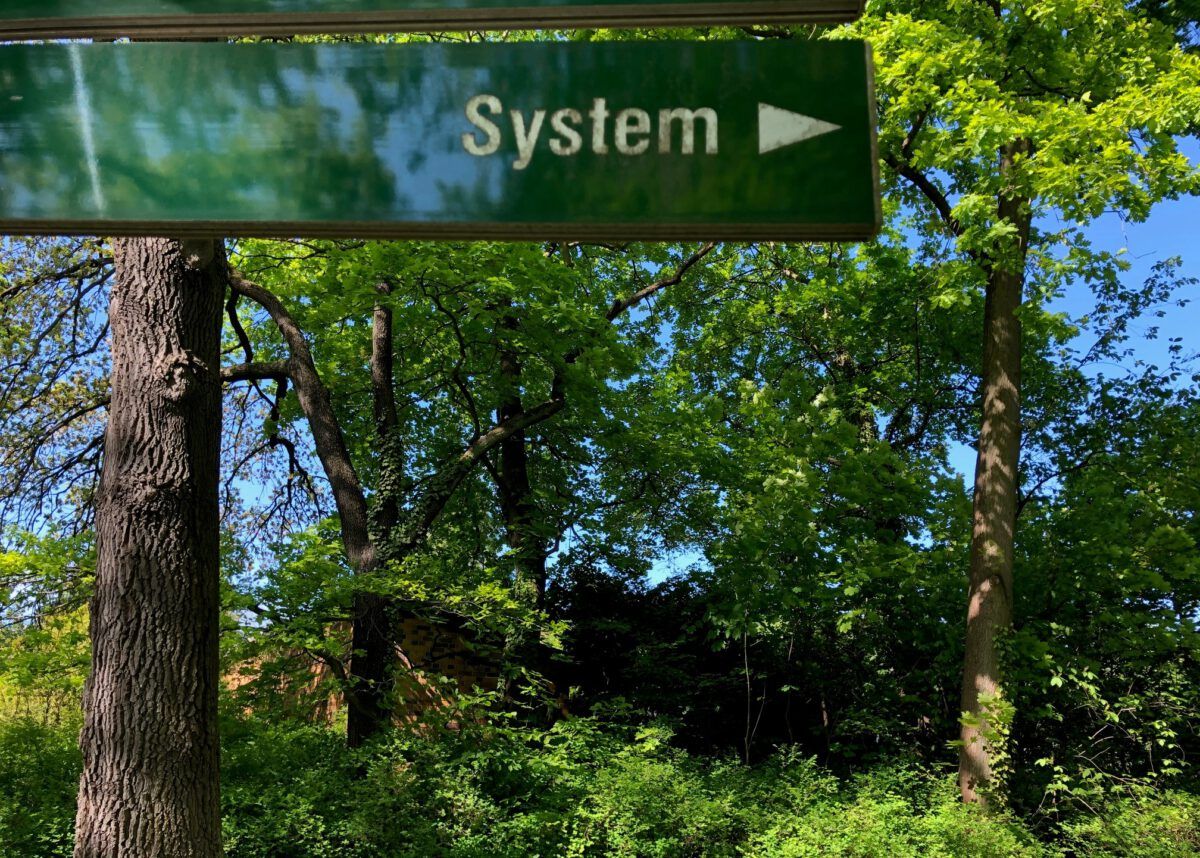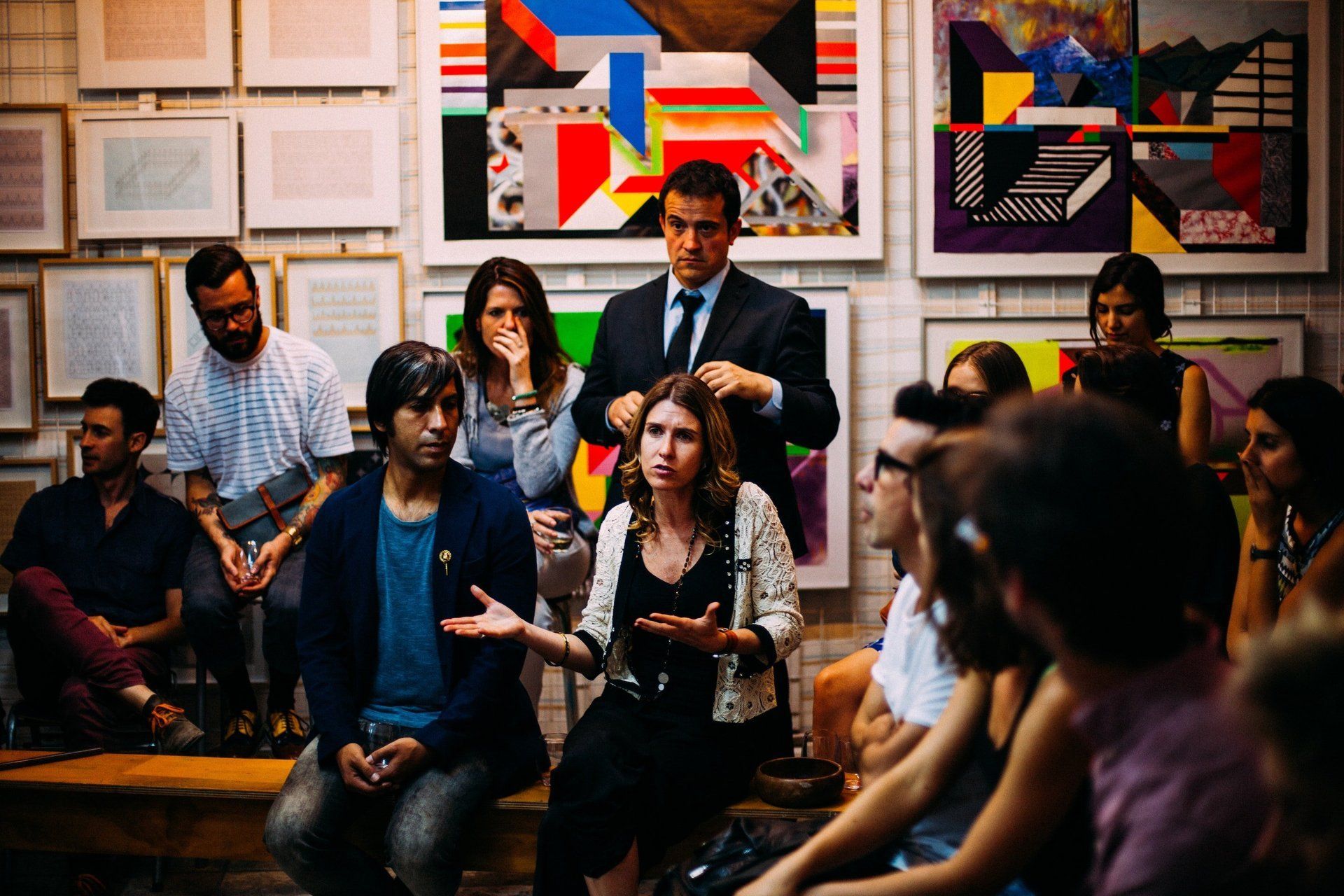Culture, the Arts and the COVID-19 Pandemic: Five Cultural Capitals in Search of Solutions
Research led by Hertie School and supported by Allianz Kulturstiftung
The Challenge. When the COVID-19 pandemic hit in March 2020, it immediately posed severe challenges to arts and culture around the world. As hubs of creative activity and densely populated areas, cities were particularly affected. Lockdown and social distancing measures and the resulting closure of cultural sites and the suspension of events, impacted arts and culture in profound ways. In many places, the pandemic soon threatened the very survival of local cultural infrastructures and the careers of artists and cultural workers. Alongside the tourism and the hospitality industry, the entire cultural ecosystem was and remains among the fields most affected by the pandemic.
This study explores how five internationally recognized cultural capitals – Berlin, London, Paris, Toronto and New York City – responded to these challenges. It focuses on the cultural policy responses between March and late summer 2020, a period now referred to as the first wave of the COVID-19 pandemic.
Research Questions. The five cities were not only selected because they are major cultural capitals, but also because they differ significantly in their governance and policy approaches to arts and culture. These were highlighted in a previous study that considers the objectives, resources, activities and programs of each city. Based on an update of this study, we addressed three central questions:
- How did policymakers and representatives of major cultural institutions and networks respond to the COVID-19 challenge? What measures were taken, when, by whom and for what purposes?
- What have been the results so far, and what have been some of the major achievements and weaknesses? What opportunities for reform and innovations present themselves, and what are the main challenges ahead?
- What lessons can be drawn from each case in terms of best practices; and, by way of cross learning, what policy measures appear most effective for future crises?
Governance Capacities. The resilience of the cultural ecosystem is closely related to the governance capacities of the public sector in place, the decisions taken by city governments, the policies implemented, and the measures taken. We focus on four governance capacities:
- Analytical capacity is based on the information available to authorities and their understanding of the situation on the ground to assess policy options and reach decisions.
- Regulatory capacity is the capacity to sanction by prohibiting or permitting as well as incentivizing or disincentivizing certain actions, often referring to the government's power to constrain or enhance economic and social activities.
- Delivery capacity is the de jure and de facto ability to “make things happen”. It consists of the resources that governments must use to perform their primary tasks at the policy frontline to meet needs of many kinds.
- Coordination capacity is the capacity to bring key stakeholders and other relevant actors together to help manage a public problem.
We collected data from available documents including media reports, policy briefs, public statements and social media accounts from relevant organizations in the cultural system. We also consulted experts about the governance and cultural ecosystems of the respective cities.




